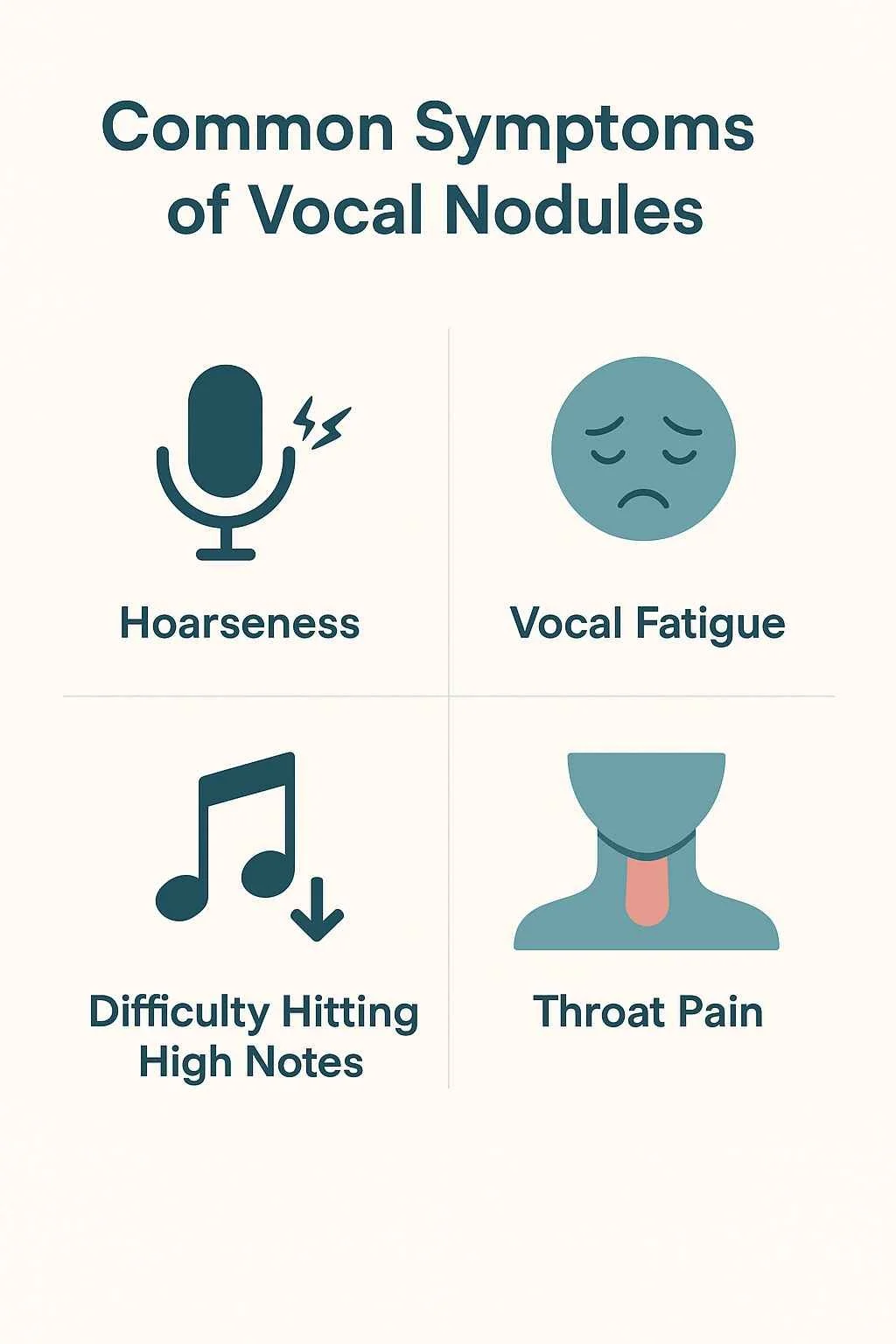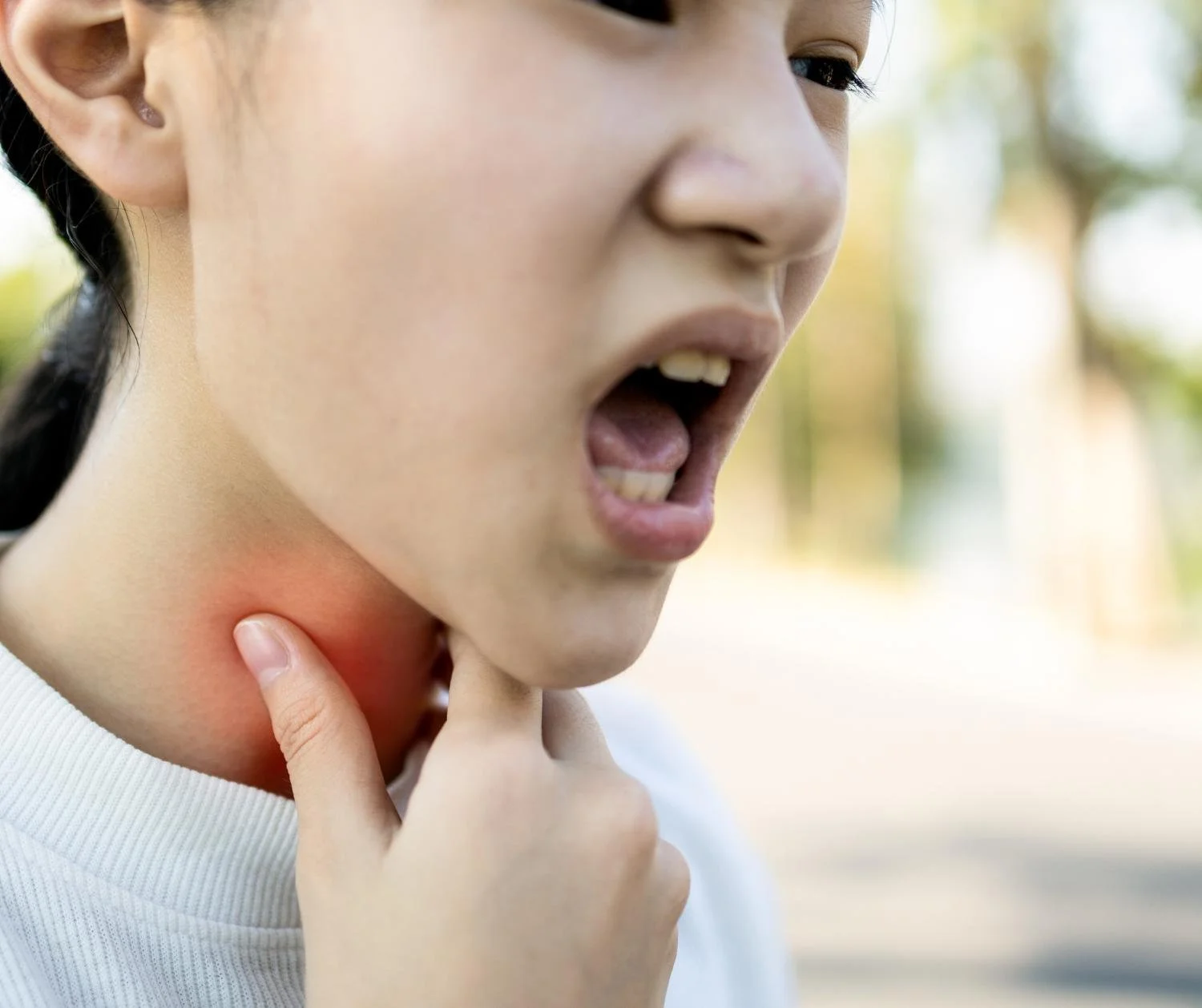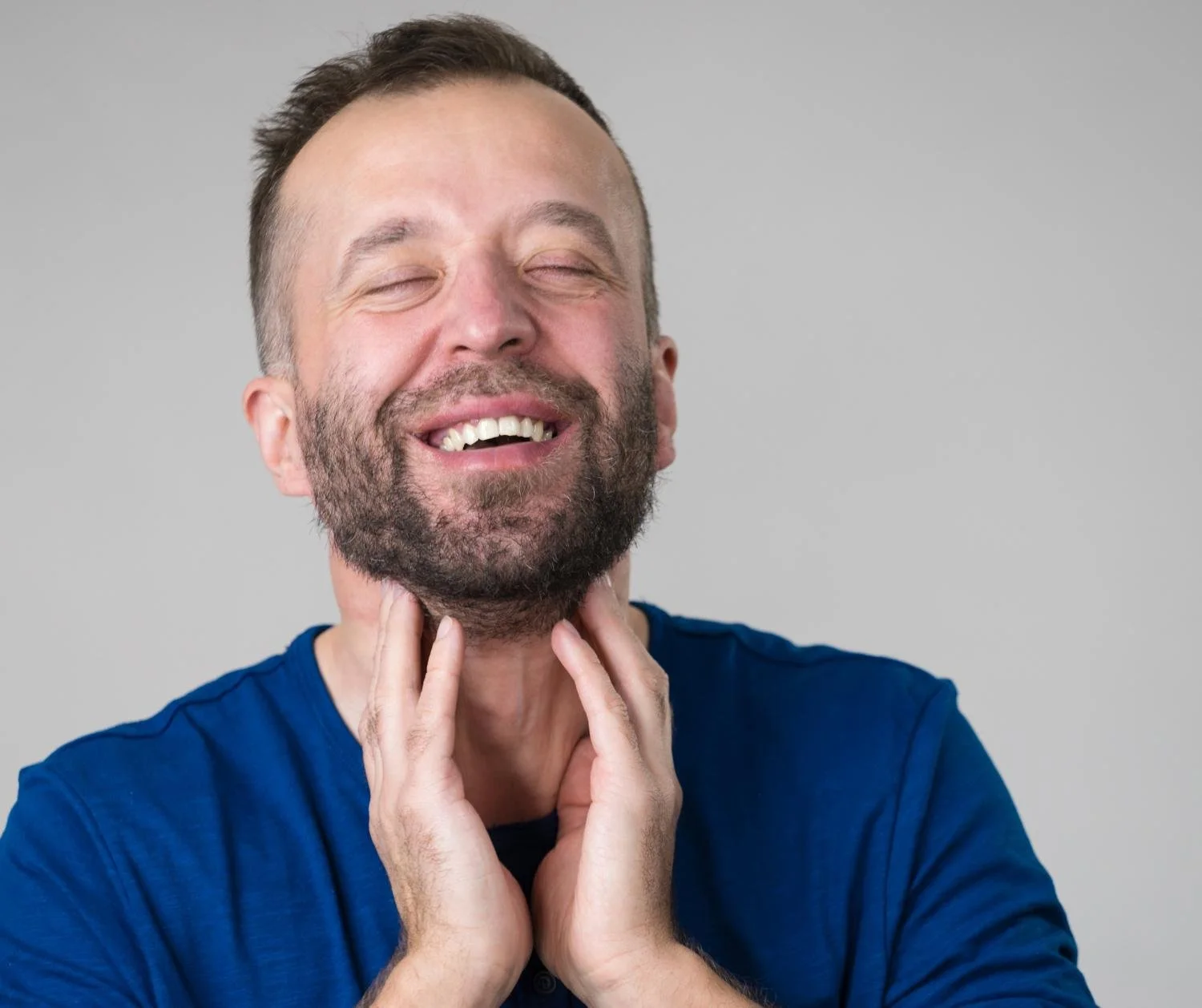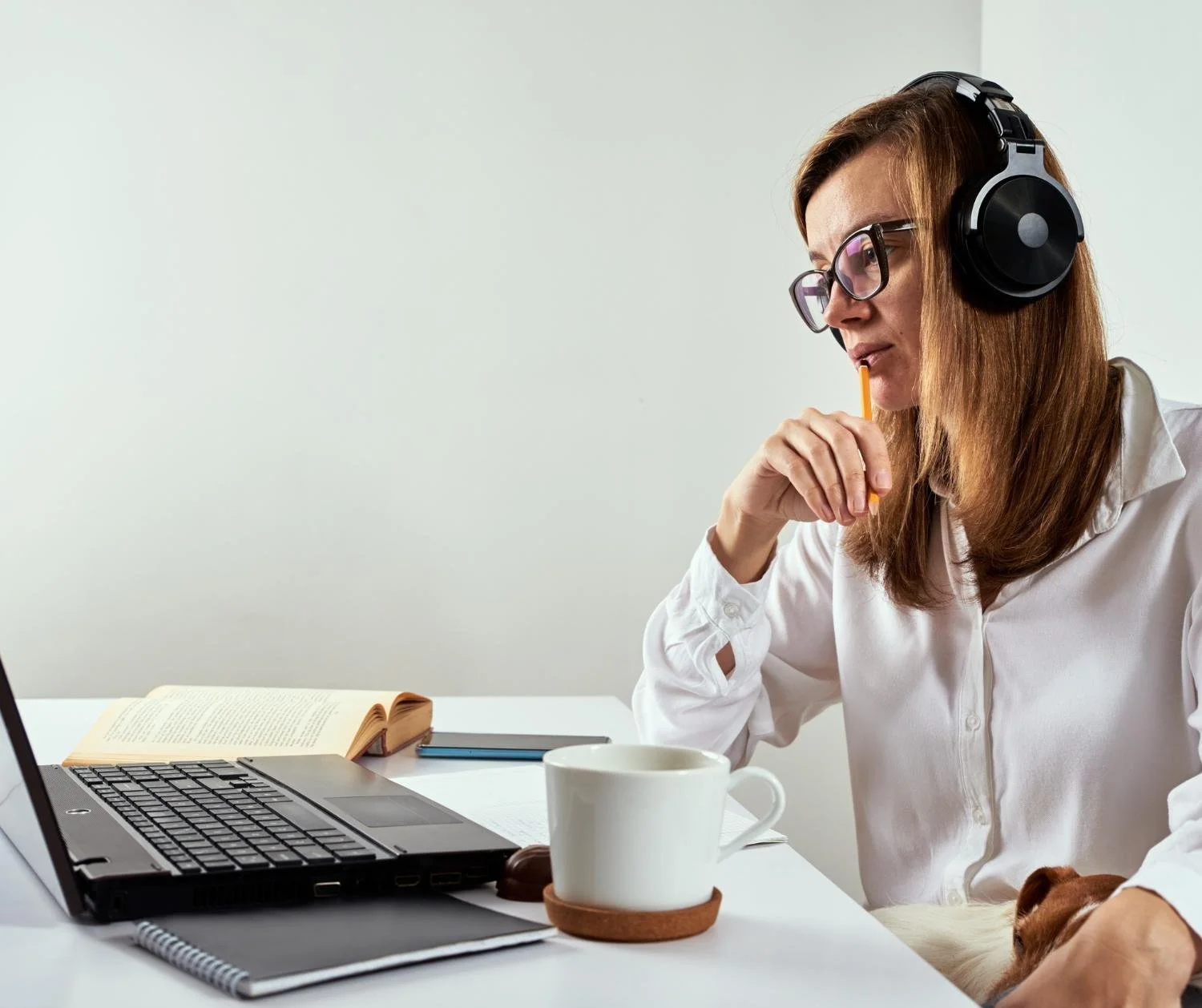Vocal Nodules Voice Therapy: Heal and Strengthen Your Voice
Your voice is an important part of how you connect with others. It allows you to share ideas, express emotions, and be understood in both personal and professional settings.
Many people experience hoarseness or strain from using their voice often. Voice therapy can help improve vocal quality by teaching healthier ways to use and care for your voice.
Key Takeaways
Voice therapy for vocal nodules helps reduce strain and restore a healthy voice by focusing on proper voice use and vocal hygiene.
Vocal fold nodules are small, callus-like growths on the vocal cords caused by repeated vocal abuse or overuse.
Speech-language pathologists provide effective voice therapy techniques that can prevent the need for surgery.
Children and adults benefit from voice therapy since voice problems can affect speaking, learning, and confidence.
What Causes Vocal Fold Nodules?
Other Treatments for Benign Vocal Cord Lesions
Frequently Asked Questions About Vocal Nodules Voice Therapy
How Connected Speech Pathology Provides Online Speech Therapy
What Are Vocal Cord Nodules?
Vocal nodules are small, benign vocal cord lesions that form when the vocal cords swell and harden from repeated stress. These callus-like growths usually develop in pairs on both vocal folds, where they come together to produce sound.
Nodules are sometimes called singer’s nodules because they are common among singers and other people who use their voices heavily.
Symptoms of Vocal Nodules
The most common symptom of vocal nodules is a hoarse, rough, or breathy voice that does not improve with rest. Many people also notice vocal fatigue, reduced ability to hit high notes while singing, or a shooting pain in the throat when speaking for long periods. In children, parents may notice that their child’s voice sounds raspy or unusually strained.
Who Gets Vocal Nodules?
Anyone can develop vocal nodules, but they are especially common in amateur musical theater singers, teachers, coaches, and young women. Nodules also appear often in pre-adolescent boys who may yell or speak loudly for long periods. Any repeated vocal abuse, such as shouting, excessive talking, or improper singing technique, can lead to nodules.
What Causes Vocal Fold Nodules?
Vocal nodules form when the vocal folds swell due to repeated friction, vibration, and impact. Over time, the swollen areas harden into small lumps that affect the way air moves through the voice box and mouth. This disrupts voice sounds and makes the voice hoarse or weak.
Factors That Contribute to Vocal Abuse and Nodules
Frequent yelling, singing without proper technique, and talking loudly in noisy places can all cause vocal fold damage. Repeated vocal abuse can lead to swelling that forms nodules and other vocal cord lesions. Other factors, such as throat infections, stress, acid reflux, and smoking, may make the vocal cords swell more easily.
Vocal Nodules Voice Therapy
Voice therapy teaches people to change harmful voice habits and strengthen healthy ones. Voice therapy is provided by a licensed speech-language pathologist who specializes in voice disorders. With consistent treatment, many patients avoid surgery and regain their natural voice quality.
Voice Therapy Techniques Used by a Speech Language Pathologist
Speech-language pathologists use a variety of voice therapy techniques depending on the person’s needs. These may include relaxation exercises to reduce tension in the throat and larynx, breathing techniques that support the voice with steady airflow, and resonant voice therapy that encourages easier sound production. Patients also learn behavioral modifications, such as avoiding yelling and improving posture while speaking.
Vocal Hygiene Education
A major part of therapy focuses on keeping the vocal cords healthy through good vocal hygiene. This includes drinking plenty of water, taking vocal breaks during long speaking tasks, and avoiding irritants such as smoking and alcohol. Patients are also taught to recognize early signs of vocal fatigue so they can rest their voice before more damage occurs.
Voice Therapy for Children
Children with vocal cord nodules may not realize how their voice habits are harmful. Voice therapy helps them learn healthier ways to speak, sing, and shout without damaging their vocal folds. Parents are often included in voice therapy sessions so they can support their child’s progress at home and at school.
Voice Treatment for Vocal Nodules
For more information, check out our blog on voice treatment for vocal nodules!
Other Treatments for Benign Vocal Cord Lesions
Most cases of vocal nodules improve with voice therapy; however, in some situations, additional treatment may be necessary. If nodules are very large or do not improve with voice therapy, a doctor may recommend surgery to remove them. Surgery is usually a last option since nodules can return if harmful voice habits continue.
Working with a Doctor to Treat Vocal Cord Lesions or Polyps
An ear, nose, and throat doctor can examine the vocal cords with a flashing light called a strobe to see the presence and form of nodules. The doctor may also check for other types of benign vocal cord lesions, such as cysts or vocal cord polyps.
The doctor may recommend voice therapy before surgery because therapy addresses the root causes of the problem. Surgery only removes the nodules, but it does not prevent them from coming back.
Frequently Asked Questions About Vocal Nodules Voice Therapy
1. What is the fastest way to get rid of vocal nodules?
The fastest way to reduce vocal nodules is through voice therapy with a speech-language pathologist. Voice therapy addresses harmful voice habits and teaches safer techniques to restore healthy sound. Surgery may be needed if nodules do not improve, but therapy is usually the first treatment.
2. Do vocal cord nodules go away on their own?
Small vocal nodules sometimes shrink with strict voice rest and good vocal hygiene, but they rarely disappear completely without therapy. Most people need guidance from a speech-language pathologist to restore their voice. Waiting too long can make nodules harder to treat.
3. How long does voice therapy for nodules take?
Voice therapy for vocal nodules usually takes several weeks to a few months, depending on the severity of the voice problem. Progress depends on how consistently the patient follows therapy techniques at home. Many patients begin noticing an improvement in their voice within the first few sessions.
4. Can children outgrow vocal nodules?
Children do not usually outgrow vocal nodules without treatment. While their voices may change as they mature, harmful habits can continue to damage the vocal cords. Voice therapy teaches children better ways to speak and shout, which prevents long-term voice problems.
5. Is surgery always needed for vocal nodules?
Surgery is not always needed for vocal nodules. Most patients improve with therapy and lifestyle changes alone. Surgery is considered only if nodules are severe, cause constant hoarseness, or do not respond to months of therapy.
How Connected Speech Pathology Provides Online Speech Therapy
Connected Speech Pathology provides online voice therapy with licensed speech-language pathologists who specialize in treating vocal nodules and other voice disorders. Our therapists utilize proven voice therapy techniques to enhance sound quality, restore clear voice sounds, and prevent nodules from recurring. With virtual care, you can receive expert treatment from the comfort of your own home and easily fit sessions into your schedule.
If you or your child has voice problems such as hoarseness, vocal fatigue, or changes in the ability to sing or speak, our team can help. We guide patients in adopting healthy voice habits, reducing strain, and protecting the vocal cords from further injury.
Summary
Vocal nodules are a common yet treatable voice problem that affects both adults and children. Voice therapy is the most effective way to heal nodules, restore healthy voice sounds, and prevent future damage.
A speech-language pathologist helps patients learn better voice techniques, improve vocal hygiene, and reduce strain on the vocal cords. With early treatment, most people can regain their natural voice without the need for surgery. Connected Speech Pathology offers online voice therapy, allowing you to receive expert help from anywhere.
About the Author
Allison Geller is a communication coach, speech-language pathologist, and founder of Connected Speech Pathology, an international online practice providing professional communication coaching and speech therapy for children, teens, and adults. With more than two decades of experience, she has worked in medical and educational settings, published research on aphasia, and leads a team of specialists helping clients improve skills in public speaking, vocal presence, accent clarity, articulation, language, fluency, and interpersonal communication.









